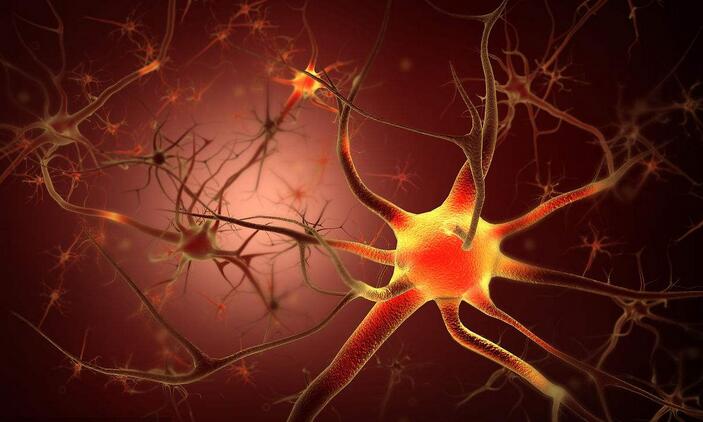When you were born, almost all of the one trillion neurons, or nerve cells, in your brain had already formed.
當你出生時,大腦中的一萬億個神經(jīng)元(神經(jīng)細胞)幾乎已經(jīng)全部形成。
But those neurons still had a lot of growing to do.
但是這些神經(jīng)細胞仍然會不斷生長。
As kids grow, neurons in the brain branch out and make new connections.
隨著孩子成長,大腦中的神經(jīng)元會不斷發(fā)育并建立新的連接。
You could even say that the life a neuron is all about connections.
甚至可以說神經(jīng)細胞一生都在不斷地建立連接。

If neurons don’t form appropriate connections with each other and other structures in the brain, they’ll eventually die.
如果神經(jīng)元不再與大腦中的其他神經(jīng)元或其它結(jié)構(gòu)建立適當?shù)倪B接,那么它們最終會死亡。
Luckily, we’re born with far more neurons than we need, and some neuron loss is a normal part of brain development.
所幸,人類生來攜帶的神經(jīng)細胞遠遠超過所需,所以大腦在發(fā)育過程中損失部分神經(jīng)細胞是正常的。
Around age 20, we begin to lose neurons to the process of aging.
在20歲左右,神經(jīng)元會逐漸消失,機體開始走向衰老。
By 75, nearly one-tenth of the neurons you were born with have died.
人到75歲時,幾乎一成的神經(jīng)細胞已經(jīng)死亡。
That may sound frightening, but it doesn’t mean you lose ten percent of your intelligence. Here’s why.
這聽起來很嚇人,但是并不意味著你失去了百分之十的智力。接下來揭曉原因。
譯文為可可英語翻譯,未經(jīng)授權(quán)請勿轉(zhuǎn)載!












